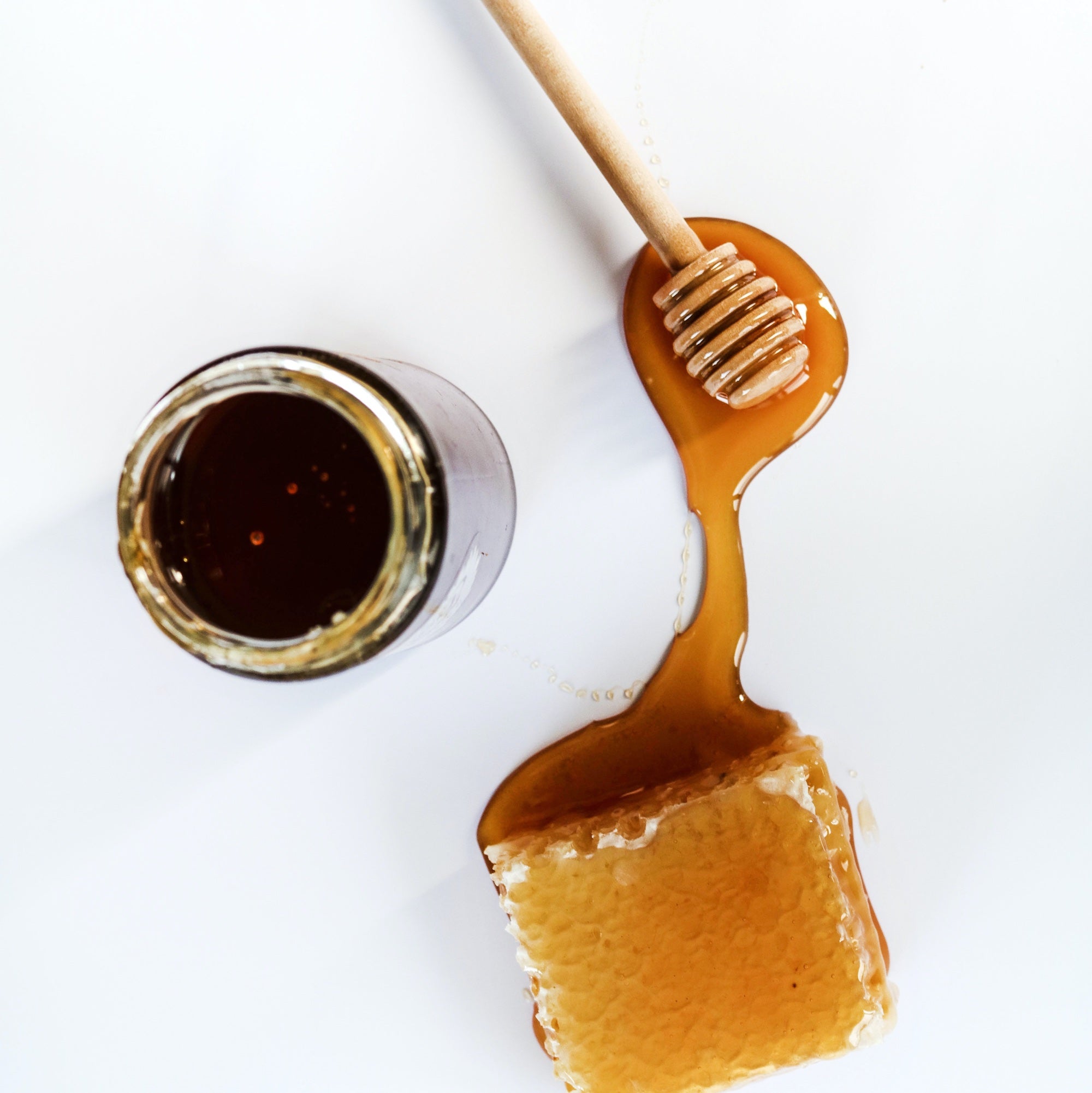
Alternative Sugar
But what if you want to limit your sugar intake? Or what if you want a slightly different kind of sweetness that goes better with your coffee? There are a whole host of alternatives to sugar that can sometimes be a little confusing. We've broken them down here.
Sweeteners
The most obvious is probably the variety of different artificial sweeteners. These chemical substances are meant to mimic the sweetness of sugar without actually containing sugar, although some are derived from sugar.
The sweeteners are usually known by a common name and E number and are approved and regulated by the European Food Safety Authority (EFSA). Sweeteners approved in the EU include: Acesulfame K, aspartame, saccharin, sorbitol, sucralose, stevia and xylitol.
Although they are chemically produced compounds, the regulations for sweeteners are very strict and research has confirmed that they are perfectly safe to consume within the recommended daily allowance. Although sweetener manufacturers make many claims about the benefits of their sugar alternatives, they have been shown to prevent tooth decay and control blood sugar levels - which is especially useful for diabetics.
Honey
We have bees to thank for this delicious, syrupy nectar. A bee collects nectar from flowers and produces about half a teaspoon of honey in its lifetime - that's just enough for a cup of coffee!
Honey consists of 40% fructose, 30% glucose, water and a number of minerals such as iron, calcium and magnesium, making it not only sweeter but also more nutritious than normal sugar. This is especially true of unpasteurized or raw honey, which retains more of its natural goodness and is also tastier.
Honey also has a (relatively) low glycemic index of 55, which means it raises blood sugar levels more slowly - though this varies greatly by variety. Combined with its richer, more complex flavor profile, honey is an attractive alternative to sugar. However, it is still mostly sugar and will cause blood sugar levels to rise, so it should be consumed as moderately as regular sugar.
Agave syrup
Agave is another popular natural sugar source. It is derived from the agave cactus, which is native to Mexico and is also used to make tequila and mezcal. The juice of the cactus is reduced with heat to a thick, sweet syrup.
This reduction process is a type of pasteurization, which means that many of the agave's natural minerals and antioxidants are removed. Compared to honey, agave therefore has less nutritional value. Agave does contain more calories per gram than table sugar, but it is also one and a half times sweeter, so less is needed and the overall caloric intake is lower.
Agave has a low glucose content and therefore a low GI value, slowing the absorption of sugar into the bloodstream. However, the low glucose content is offset by a higher fructose content. Fructose is more difficult for the body to metabolize and places a heavy burden on the liver. Many people have difficulty processing fructose, and this can lead to bloating and discomfort in the stomach.
While agave syrup has some advantages over sugar, it can be just as harmful in a number of ways. Also, not all agave syrup is created equal: look for ethically produced agave that is processed at low temperatures to get the maximum nutritional content.




